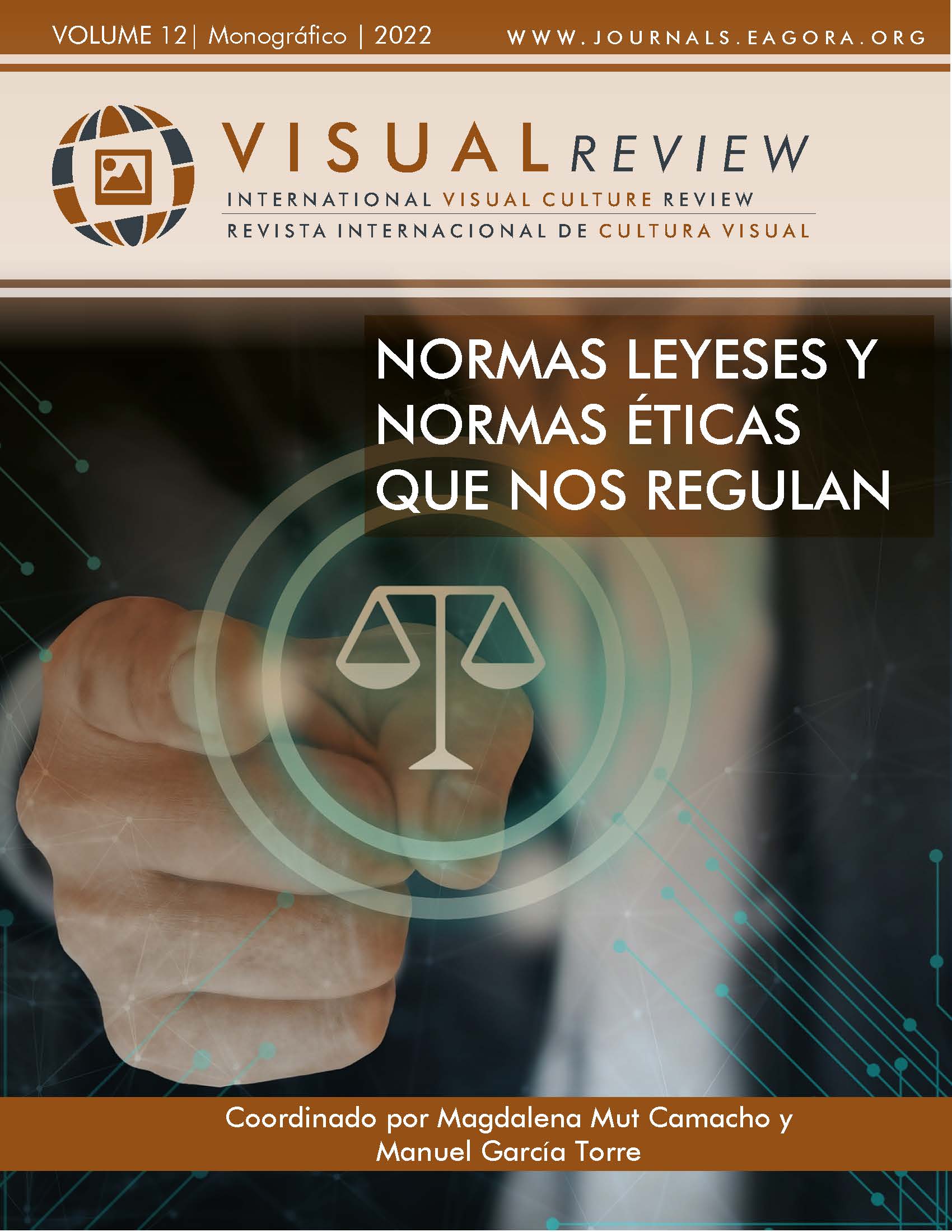The instrumentalization of the Law through the use of the Legal domain
A theoretical approach
DOI:
https://doi.org/10.37467/revvisual.v9.3757Keywords:
Legal domain, Information domain, International Relations, Doctrines, Lawfare, Maskirovka, Falu zhanAbstract
The instrumentalization of the Law, through the use of the legal and the information domains, is at the centre of many of the strategies currently used by Russia and China to achieve their strategic objectives in their International Relations. The study focuses on describing the different existing doctrines on the instrumentalization of the Law and the Infromation domain and develops, from a theoretical perspective, the evolution of the Western vision of lawfare, the russian version based on the Maskirovka doctrine and the chinese approach to its falu zhan concept.
Downloads
Global Statistics ℹ️
|
896
Views
|
938
Downloads
|
|
1834
Total
|
|
References
Dunlap Jr, C. J. (2001). Law and military interventions: preserving humanitarian values in 21st conflicts. Humanitarian Challenges in Military Intervention Conference. Carr Center for Human Rights Policy. Kennedy School of Government, Harvard University, Washington, D.C.
Dunlap Jr, C. J. (2008). Lawfare today: A perspective. Yale J. Int’l Aff, 3, 146.
Dunlap Jr, C. J. (2011). Lawfare Today and Tomorrow in: International Law and Changing Character of War. Raul A.Pete Pedrozo e Daria P. Wollsschlaeger editores, 315.
Fonseca, I. (2019). Guerra híbrida y operaciones legales. Catálogo de Publicaciones de Defensa, 119.
Gerasimov, V. (2013). The Value of Science in Foresight: New Challenges Require Rethinking on the Forms and Methods of Warfare. Military Industry Kurier.
Hoffman, F. G. (2007). Conflict in the 21st century: The rise of hybrid wars (p. 51). Arlington: Potomac Institute for Policy Studies.
Hutchinson, W. (2004). The Influence of Maskirovka on Contemporary Western Deception Theory and Practice. In 3rd European Conference on Information Warfare and Security (p. 165).
Kexin, L. (2006). Study Volume on Legal Warfare. Washington, DC: National Defense University Press, 18, 34-37.
Kittrie, O. F. (2016). Lawfare: Law as a weapon of war. Oxford University Press.
Liang, Q., & Xiangsui, W. (1999). Unrestricted warfare. Beijing: PLA Literature and Arts Publishing House Arts.
Liang, Q., & Xiangsui, W. (2000). Unrestricted warfare. (traducción inglesa). Washington DC: Foreign Broadcast Information Service.
Mosquera, A. B. M., & Bachmann, S. D. (2016). Lawfare in hybrid wars: the 21st century warfare. Journal of International Humanitarian Legal Studies, 7(1), 63-87.
Munoz, A. B., Bachmann, S. D., & Bravo, J. A. M. (2019). Hybrid warfare and the legal domain. Terrorism and political violence, 31(1), 98-104.
Sari, A. (2020). Legal resilience in an era of grey zone conflicts and hybrid threats. Cambridge Review of International Affairs, 33(6), 846-867.
Gilabert, J. R. S. (2016). Lawfare: El uso del derecho como arma. Revista española de derecho militar, 106, 189-230.
Surkov, V. (2014). Without sky. first published as an annex to the magazine Russian Pioneer, (46).
Orts, E. W. (2001). The rule of law in China. Vand. J. Transnatl. L.,34, 43.
Wenshen, Z. (2004). Legal Warfare: Discussion of 100 Examples and Solutions. Publishing House.
Yunxia, S. (2007). Under Informatized Conditions: Legal Warfare. PLA Published House.
Downloads
Published
How to Cite
Issue
Section
License
Those authors who publish in this journal accept the following terms:
-
Authors retain copyright.
-
Authors transfer to the journal the right of first publication. The journal also owns the publishing rights.
-
All published contents are governed by an Attribution-NoDerivatives 4.0 International License.
Access the informative version and legal text of the license. By virtue of this, third parties are allowed to use what is published as long as they mention the authorship of the work and the first publication in this journal. If you transform the material, you may not distribute the modified work. -
Authors may make other independent and additional contractual arrangements for non-exclusive distribution of the version of the article published in this journal (e.g., inclusion in an institutional repository or publication in a book) as long as they clearly indicate that the work was first published in this journal.
- Authors are allowed and recommended to publish their work on the Internet (for example on institutional and personal websites), following the publication of, and referencing the journal, as this could lead to constructive exchanges and a more extensive and quick circulation of published works (see The Effect of Open Access).














